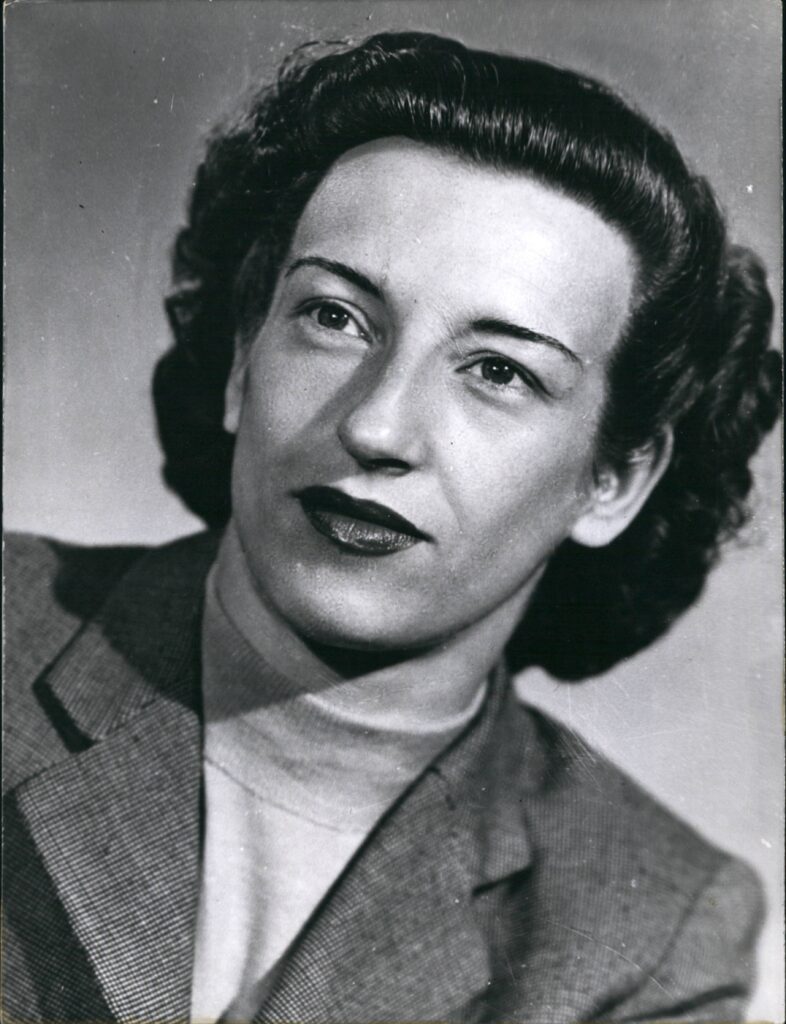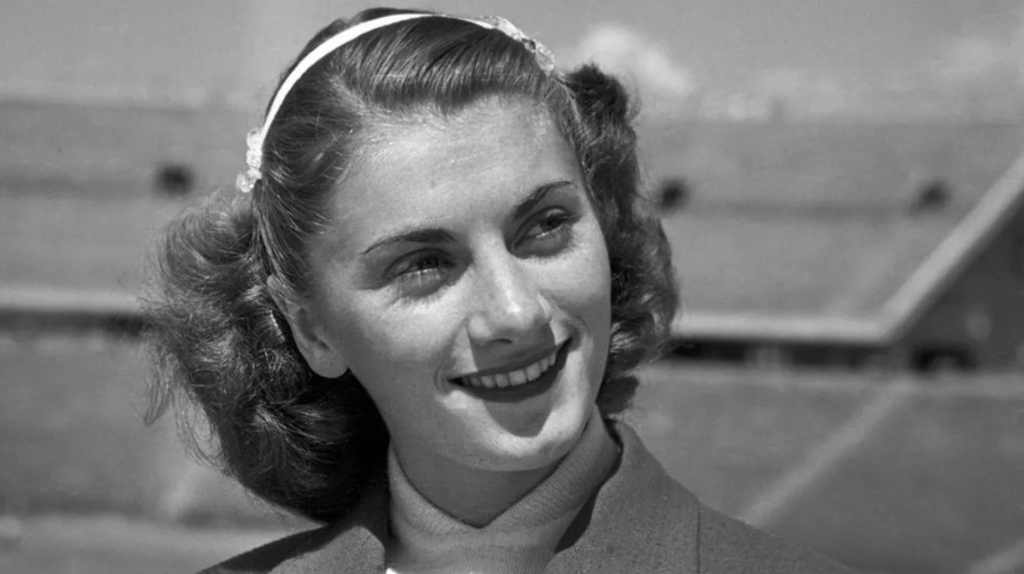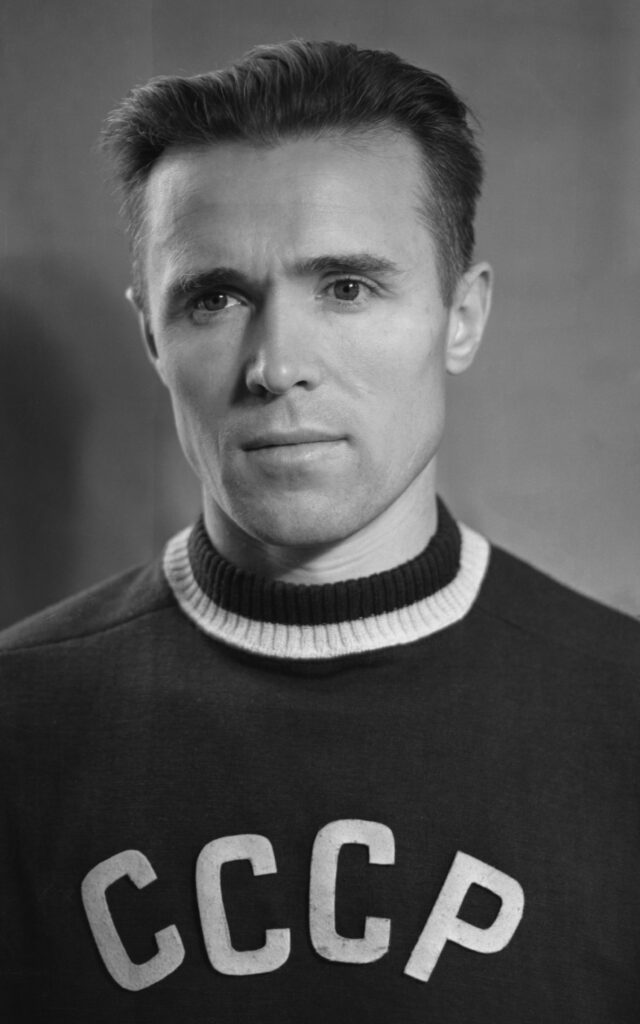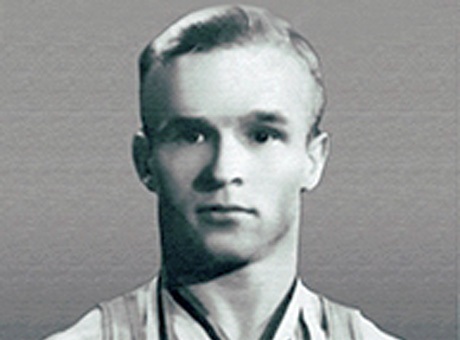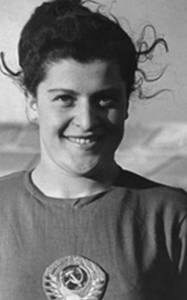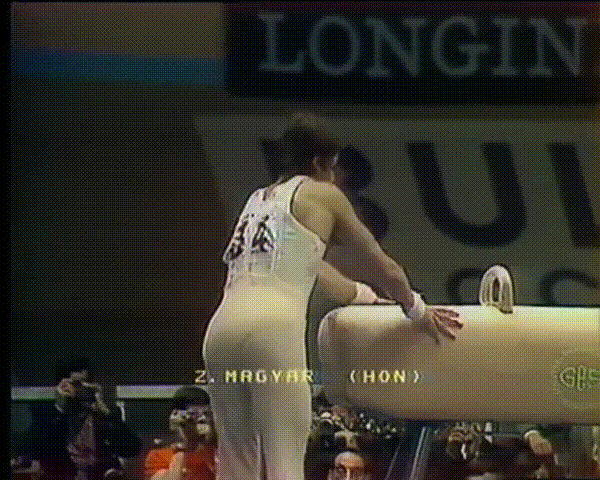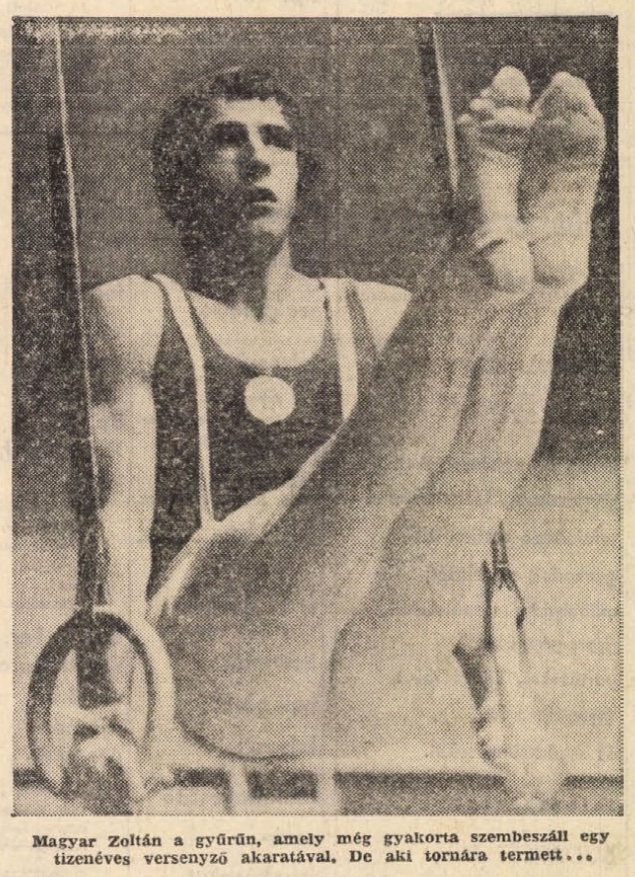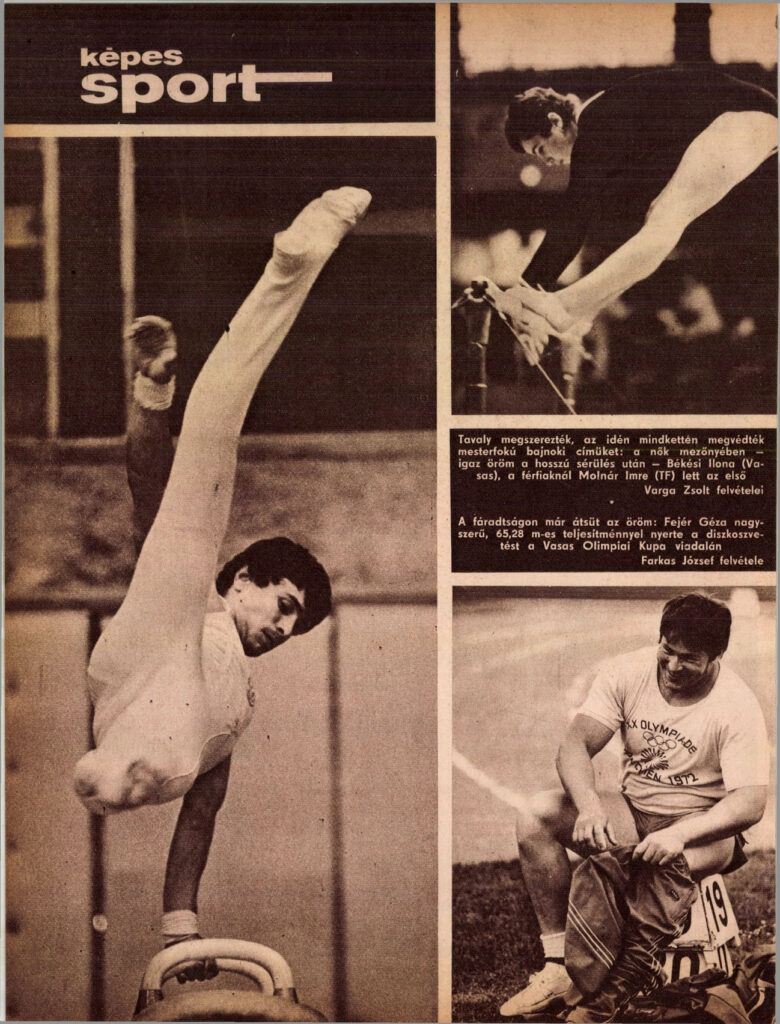In the April of 1952, two of the world’s gymnastics powerhouses—Hungary and Czechoslovakia—faced off during Hungary’s Liberation Day competition. The Hungarian men’s and women’s teams emerged victorious.
But the pre-Olympics rivalry didn’t end there. Weeks later, the two nations met again, this time in Prague, with Bulgaria joining the fray for a tri-nation showdown. Once again, Hungary reigned supreme, besting Czechoslovakia in a decisive repeat performance.
On the women’s side, the ongoing duel between Hungarian stars Ágnes Keleti and Margit Korondi continued, with Keleti winning the all-around—one more twist in a season-long back-and-forth between the two. But it was on the men’s side that perhaps the biggest revelation emerged: Bulgaria’s Stoyan Koev surprised the competition by claiming second place in the all-around.
